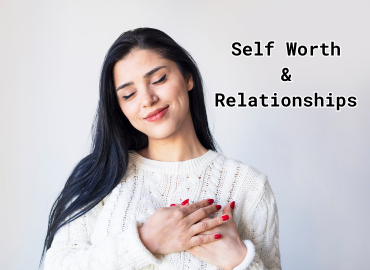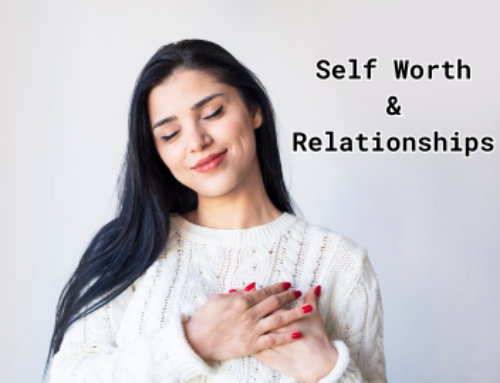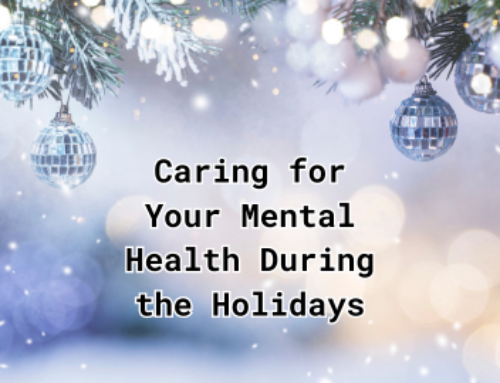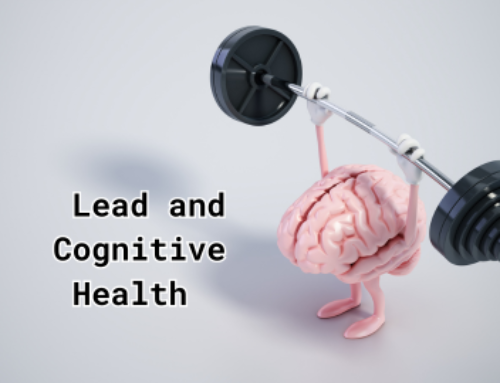Improving Self-Worth in Personal Relationships
In our series on self-worth, we want to talk about improving your self-worth in the realm of your relationships.
We all have our circle, big or small or somewhere in the middle. People you see occasionally, like the clerk at the bank, people you see often, like coworkers, and people you might see every day. People you know little about and people you’d die for. Our relationships are an integral part of our everyday lives and our experiences within their dynamics shape who we are.
An important part of any healthy relationship, whether that be with a friend, intimate partner, family, etc., is open, candid communication. Communicate openly with yourself as well. We encourage journaling as a way to express yourself and retain information. Your journal can be digital, physical, or any format that suits you. Journals are also excellent tools for working with a therapist.
While communicating, respect the other person’s feelings and do not disregard them. Our emotions are a response to stimuli, and it’s important to acknowledge their validity. It is what we choose to do with our emotions that moves us.
Listen to understand instead of waiting for your turn to respond. Listen with the goal of learning and think about what you hear before you respond. It is all too easy to speak in the heat of the moment, and restraint in this area can take a while to master.
Practice reflective listening. It’s easy to misunderstand people, so try the following communication technique. Actively listen to the person you’re speaking with and then tell them that you want to make sure you understood them correctly. Then, repeat the words or the essence of what you believe they said.
Be open about your needs. It can be hard to articulate them to yourself and to others, but it’s important to try. This is another place where journaling can come in handy.
Share compliments and express kindness to each other verbally. Positive talk builds on itself, whether directed outward or inward.
Boundaries are vital for preserving and improving one’s self-worth in relationships. They are healthy tools for all parties. These are some things that boundaries do for us:
They establish mutual respect
They protect your safety
They protect your emotional well-being
They offer a secure space to operate and grow in
Don’t tolerate being treated with disrespect. Demand to take up space and have needs. Setting firm, thought-out boundaries are a way to be an advocate for yourself.
Self-reflection is essential for growing healthy relationships with others and ourselves. Find your validation within yourself, not within other people. Don’t rely on them for your self-worth. You decide your value.
It’s important to have talks with yourself to understand your own thoughts and feelings. Too often we undermine our own self-worth. Don’t put too much pressure on yourself. Take note of where you may be setting unfair standards for yourself or others.
Show yourself active acts of love like taking care of your body so it can take better care of you. Avoid comparing yourself to other because you can only control yourself. Notice your good qualities and achievements.
Self-care includes talking to someone if you need to and letting yourself seek help. Everyone deserves the ability to seek a better quality of life. If you’ve been having trouble realizing your self-worth, consider seeking guidance from a therapist with whom you can develop a personalized treatment plan. Contact us on our website or call (585) 442-6960





